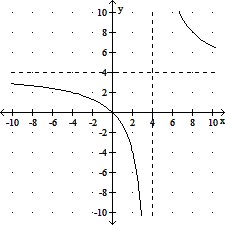Determine the intervals on which the function is increasing, decreasing, and constant.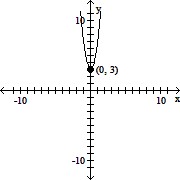
A. Increasing on (0, ?); Decreasing on (-?, 0)
B. Increasing on (?, 0); Decreasing on (0, -?)
C. Increasing on (-?, 0); Decreasing on (0, ?)
D. Increasing on (-?, 0); Decreasing on (-?, 0)
Answer: A
You might also like to view...
Use the quadratic formula to write the solution of the quadratic equation

A.
B. ?
C. ?
D. ?
Add or subtract as indicated. Express the answer as a single polynomial in standard form.(9x6 + 6x5 - 2x) + (6x6 + 7x5 - 8x)
A. 18x12 B. 15x6 + 13x5 - 10x C. 4x6 + 16x5 - 2x D. 15x + 13x6 - 10x5
Solve the problem.If a polygon, of n sides has  n(n - 3) diagonals, how many sides will a polygon with 152 diagonals have?
n(n - 3) diagonals, how many sides will a polygon with 152 diagonals have?
A. 19 sides B. 18 sides C. 21 sides D. 20 sides
Graph the rational function and find the intercepts.f(x) = 
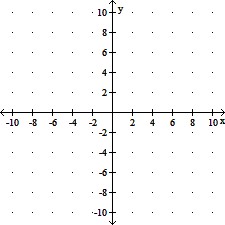
A. x intercept: 4. y-intercept: 0.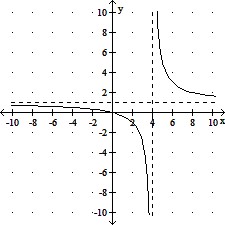
B. x intercept: 0. y-intercept: 0.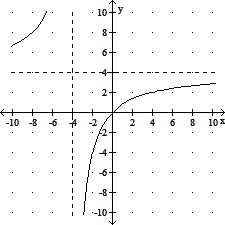
C. x intercept: 0. y-intercept: 0.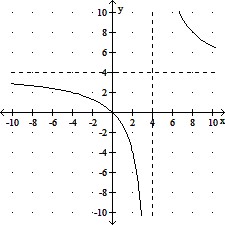
D. x intercept: 0. y-intercept: 4.